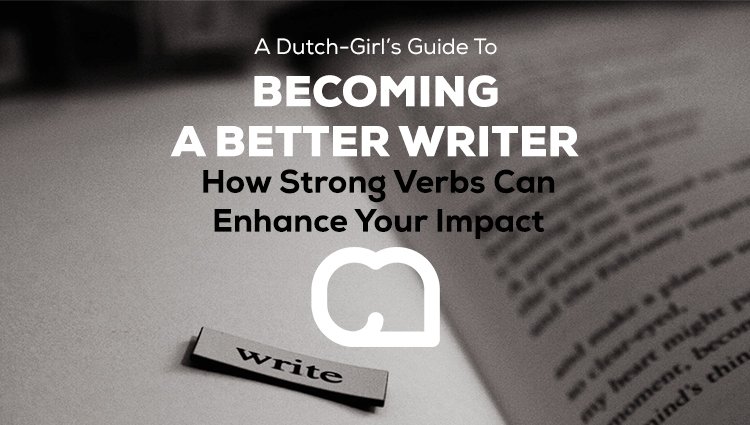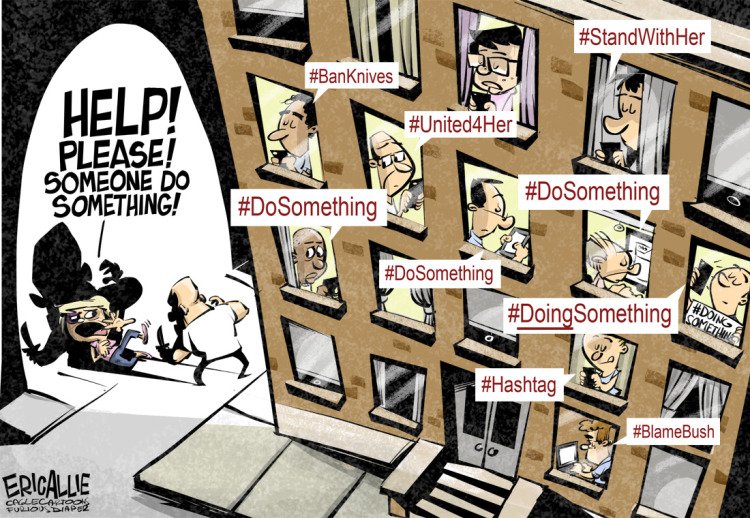[This is part of an ongoing ChurchMag series, A Dutch-Girl’s Guide to Becoming a Better Writer.]
If you are anything like me, verbs are not something you spend a lot of thought on. But in writing, verbs are more crucial than you may think. There’s a big difference between what’s known as weak verbs and strong verbs.
The easiest way to explain this is with an example:
“The girl walked into the room” – ‘Walk’ is a weak verb here because it doesn’t give us any information about how she walked. All we know is that she walked into the room.
“The girl stamped into the room” – Immediately, we have an image of an angry girl in our heads. We don’t use the word angry, but the word ‘stamped’ is clear. That’s a strong verb, because it conveys more than factual information. Instead, it creates an image.
In writing, there’s a golden rule (law, even) that says “show, don’t tell.” This is where strong verbs make all the difference. Instead of writing ‘The angry girl walked into the room’ (which is telling), you can write ‘The girl stamped into the room’ and you convey the same emotion, but you show it.
If you’re only writing non-fiction, you may wonder if this applies to you, or if you can even use this. Why yes it does and you sure can!
In non-fiction writing, using strong verbs is often a way to tighten your writing (we’ll dig deeper into this in a next post) and to eliminate adverbs and adjectives.
“He gave me a strong handshake” – a weak construction with the neutral verb ‘give’ and the adjective ‘strong’
“He shook my hand strongly” – this is the dreaded adverb construction. You want to get rid of as many adverbs ending in –ly as possible.
“He gripped my hand” – this is the version where the strong verb says it all.
Weak verbs like to be, give, have, etc. in combination with ad adverb or adjective can often be rewritten with a strong verb. It requires (the weak version would have been ‘takes’) some practice, but once you’ve mastered this technique, it will enhance the impact of your writing.










Speak your mind...